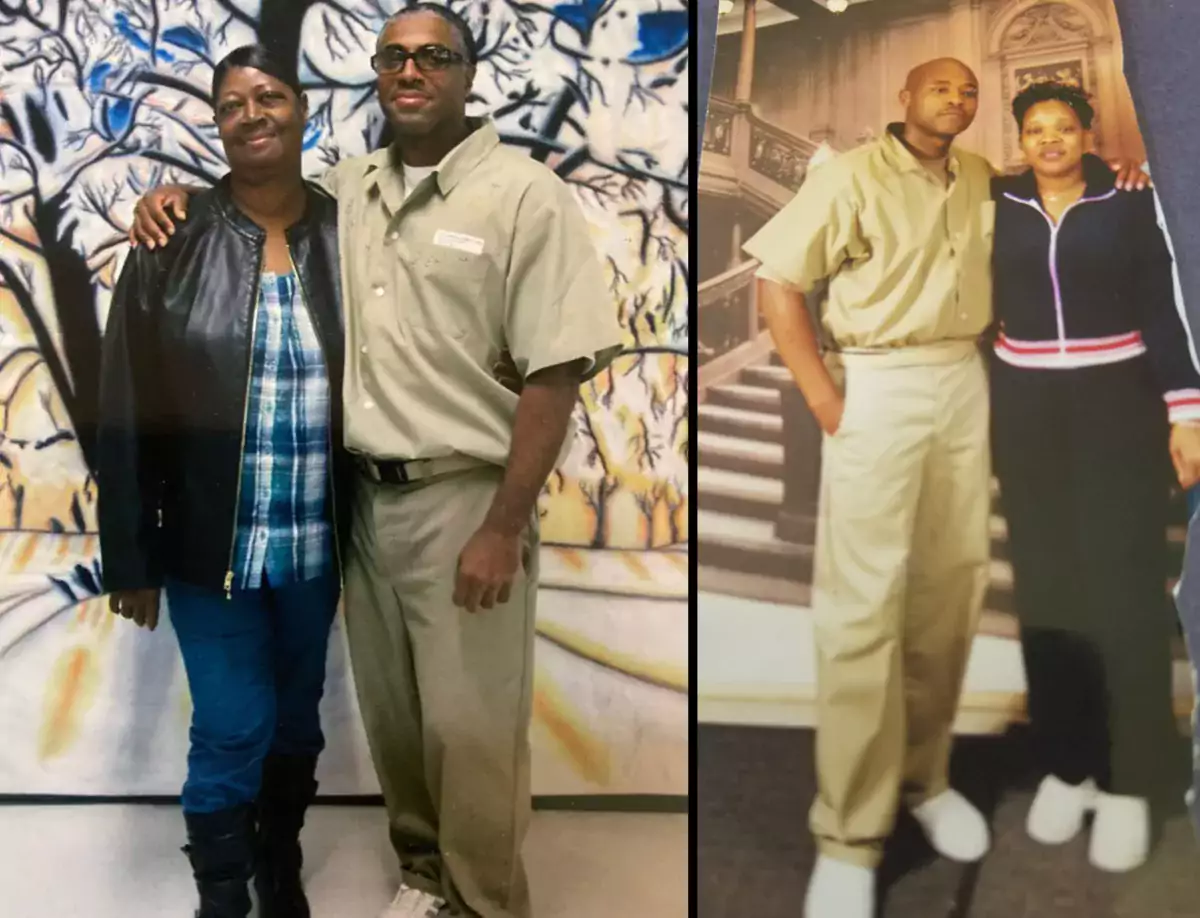When police arrested Richardson in 1998, he was facing the death penalty. Afraid of potentially putting his life in the hands of a white jury in the South, Richardson, who is Black, took a guilty plea for involuntary manslaughter and was sentenced to 10 years in state prison. Claiborne, who is also Black, took a plea deal on a misdemeanor charge, as an accessory to Richardson’s crime.
But after outcry over what Gibson’s family viewed as a lenient sentence, federal prosecutors brought additional charges against the pair, accusing them of selling crack cocaine and murdering a police officer during a drug deal gone wrong.
In 2001, Richardson and Claiborne went to trial in the federal case. A jury found them not guilty of Gibson’s murder, but guilty of selling crack. In an unusual move, federal judge Robert Payne sentenced Richardson and Claiborne to life in prison using “acquitted conduct sentencing,” a legal mechanism approved in a 1996 Supreme Court ruling, which allows judges to sentence defendants based on charges for which they were acquitted.
Archived at https://ghostarchive.org/archive/zjFXZ



There was a Law and Order episode where a porn actress was assaulted. Trial ensues, jury comes back with a “guilty” verdict. Judge overrides them and finds the assaulters not guilty. This story reminded me of that episode.
Was that the one where the DA wanted to go after the judge for very obvious sexist rulings?
I’ve also seen a television episode like this. In that one the judge states that the State did not make their burden, and so the juries guilty verdict is set aside. Which actually seems pretty good. This other thing though, I cannot fathom.